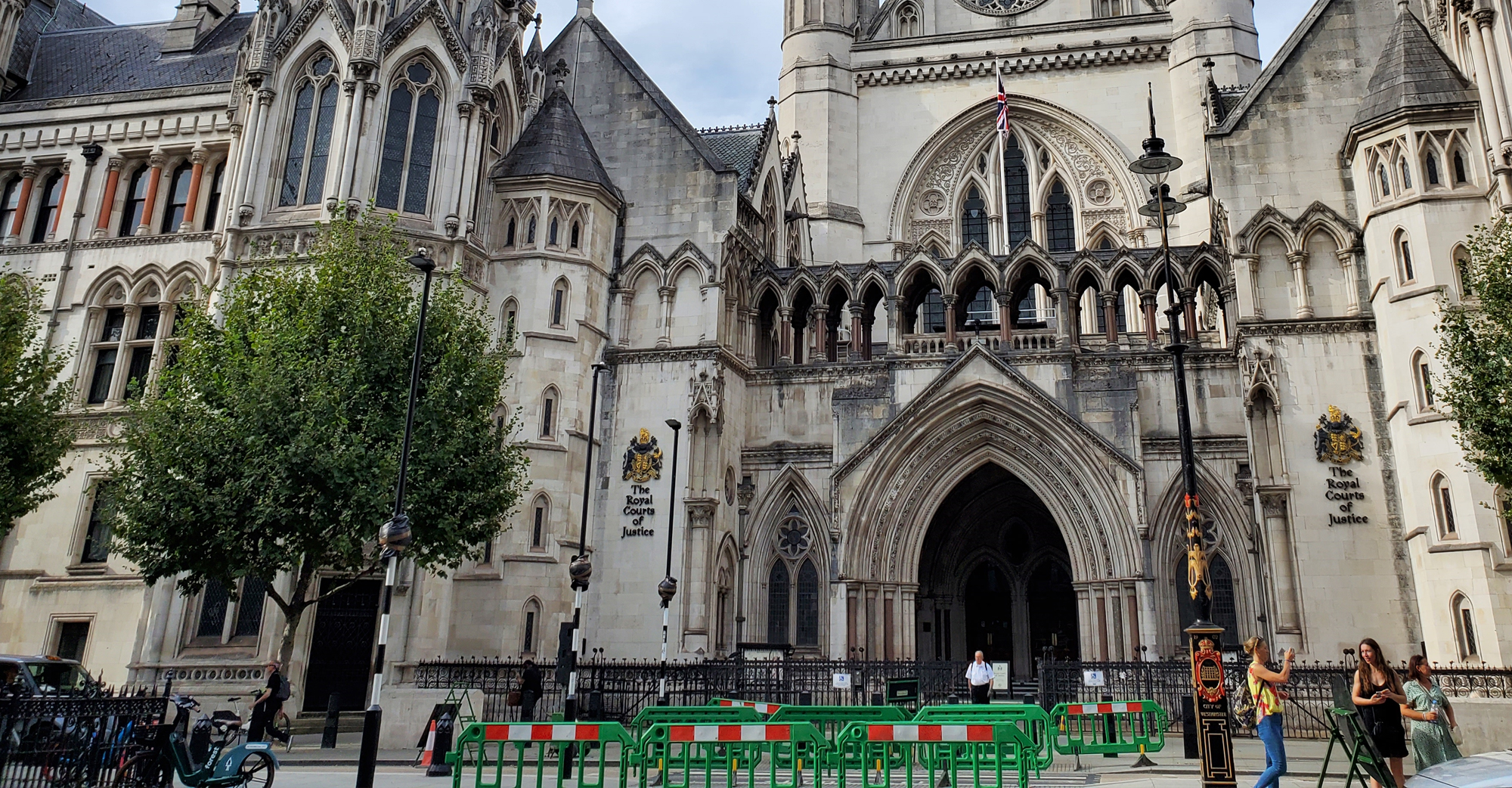 “Trumbo” is a 2015 American biographical drama film directed by Jay Roach and written by John McNamara, based on the 1977 biography “Dalton Trumbo” by Bruce Alexander Cook.
“Trumbo” is a 2015 American biographical drama film directed by Jay Roach and written by John McNamara, based on the 1977 biography “Dalton Trumbo” by Bruce Alexander Cook.
The film stars Bryan Cranston as Dalton Trumbo,, Diane Lane on left, Helen Mirren on right, Louis C.K., Elle Fanning, John Goodman, Michael Stuhlbarg as Edward G. Robinson, Dean O'Gorman as Kirk Douglas, and David James Elliott as John Wayne. The film follows the life of Hollywood screenwriter Dalton Trumbo. Courtesy tvinsider.com.
James Dalton Trumbo (December 9, 1905 - September 10, 1976) was an American screenwriter who scripted many award-winning films, including "Roman Holiday" (1953), "Exodus," "Spartacus" (both 1960), and Thirty Seconds Over Tokyo (1944). One of the Hollywood Ten,[1] he refused to testify before the House Un-American Activities Committee (HUAC) in 1947 during the committee's investigation of alleged Communist influences in the motion picture industry.
In late September, HUAC subpoenaed 79 individuals on a claim that they were subversive and had injected Communist propaganda into their films. Although never substantiating this claim, the investigators charged the individuals with contempt of Congress when they refused to answer questions about their membership in the Screen Writers Guild and Communist Party. The committee demanded they admit their political beliefs and name names of other Communists. Nineteen of those refused to co-operate, and due to illnesses, scheduling conflicts, and exhaustion from the chaotic hearings, only ten appeared before the committee. These men became known as the Hollywood Ten, which included Trumbo, Alvah Bessie, Herbert J. Biberman, Lester Cole, Edward Dmytryk, Edward Dmytryk, Edward Dmytryk, Ring Lardner Jr., John Howard Lawson, Albert Maltz, Samuel Ornitz, and Adrian Scott.
"The Hollywood Ten," a 1950 documentary, gives us a closer look at the ten blacklisted film writers and directors who defied the government and the sentiments of their day by refusing to testify during the HUAC anti-Communist hearings. John Berry, who directed the documentary, was blacklisted himself upon its release (Ironweed Films): https://www.youtube.com/watch?v=taancRcLQ8o
It was difficult and confusing time for many patriotic U.S citizens. From 1942 - 1945, the communist Soviet Union had been our most important ally during World War II, responsible for over 70% German Wehrmacht dead, but lost approximately 28 million Red Army soldiers and citizens. After the defeat of the Wehrmacht by the Red Army and Russian citizens at the Battle of Stalingrad (1942 - 1943), Nazi leader, Adolf Hitler, privately said that Germany would ultimately lose the war. And then they did when the Red Army stormed into Berlin and the war in Western Europe ended on May 8, 1945,
But, in 1947, the Cold War, a period of geopolitical tension between the United States and the Soviet Union, began two years after the end of World War II. Many U.S citizens were not exactly sure what was happening inside the closed, police state of the Soviet Union, led by tyrant Joseph Stalin, from 1924 until his death in 1953. One minute they were our ally, and now they were our enemy.
Dalton Trumbo continued working clandestinely on major films, writing under pseudonyms or other authors' names. After completing his sentence in the federal penitentiary, Trumbo sold his ranch and moved his family to Mexico City with Hugo Butler and his wife Jean Rouverol, who had also been blacklisted. In Mexico, Trumbo wrote 30 scripts (under pseudonyms) for B-movie studios. The classic 1950 film noir, Gun Crazy, directed by Joseph H. Lewis, was adapted from a short story by MacKinlay Kantor. Kantor agreed to be the front for Trumbo's screenplay. Trumbo's role in the screenplay was not revealed until 1992.
When Trumbo was given public screen credit for both "Exodus," by director and producer, Otto Preminger, and "Spartacus" (directed by Stanley Kubrick), due to the insistence of actor and producer, Kirk Douglas, in 1960, it marked the beginning of the end of the Hollywood Blacklist for Trumbo and other affected screenwriters. He finally was given full credit by the Writers' Guild for "Roman Holiday" in 2011, nearly 60 years after the fact, and 35 years after his death.
